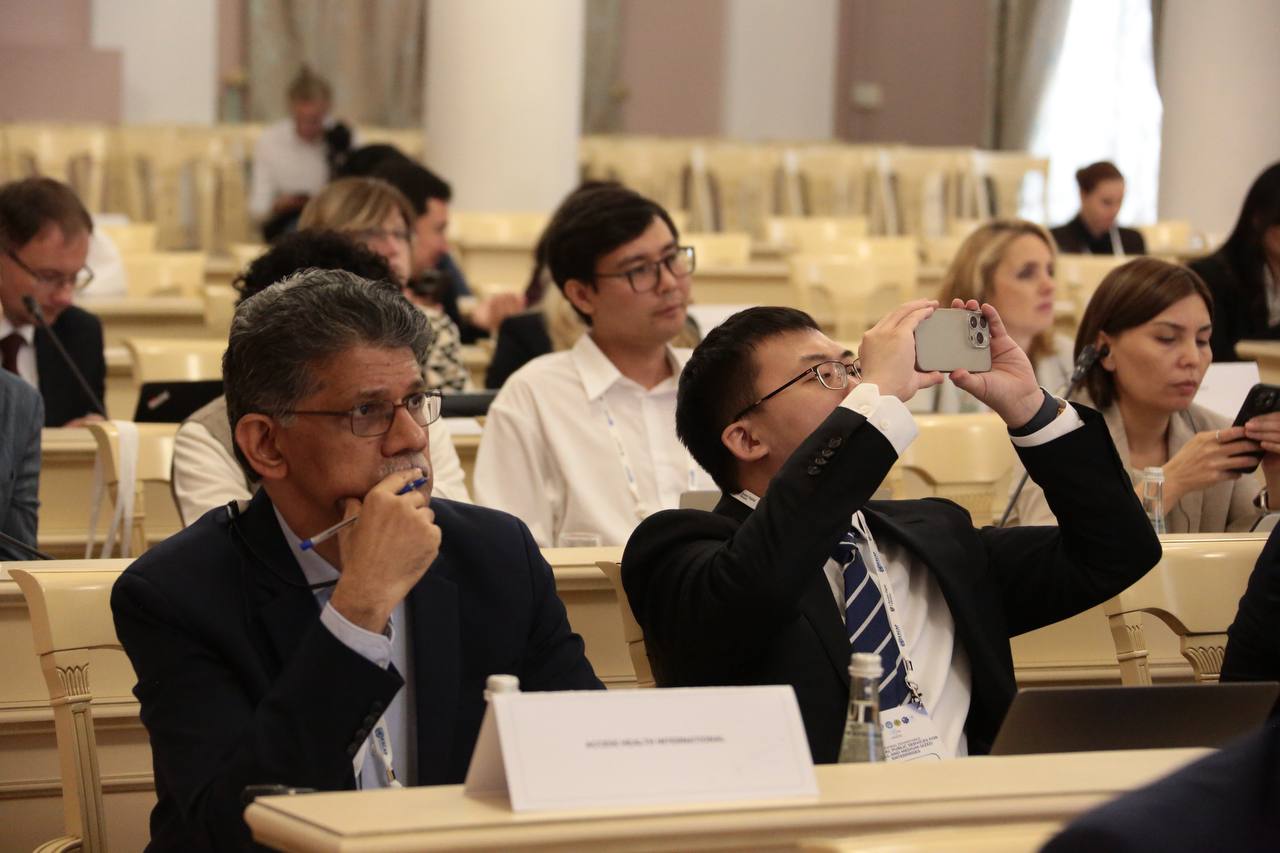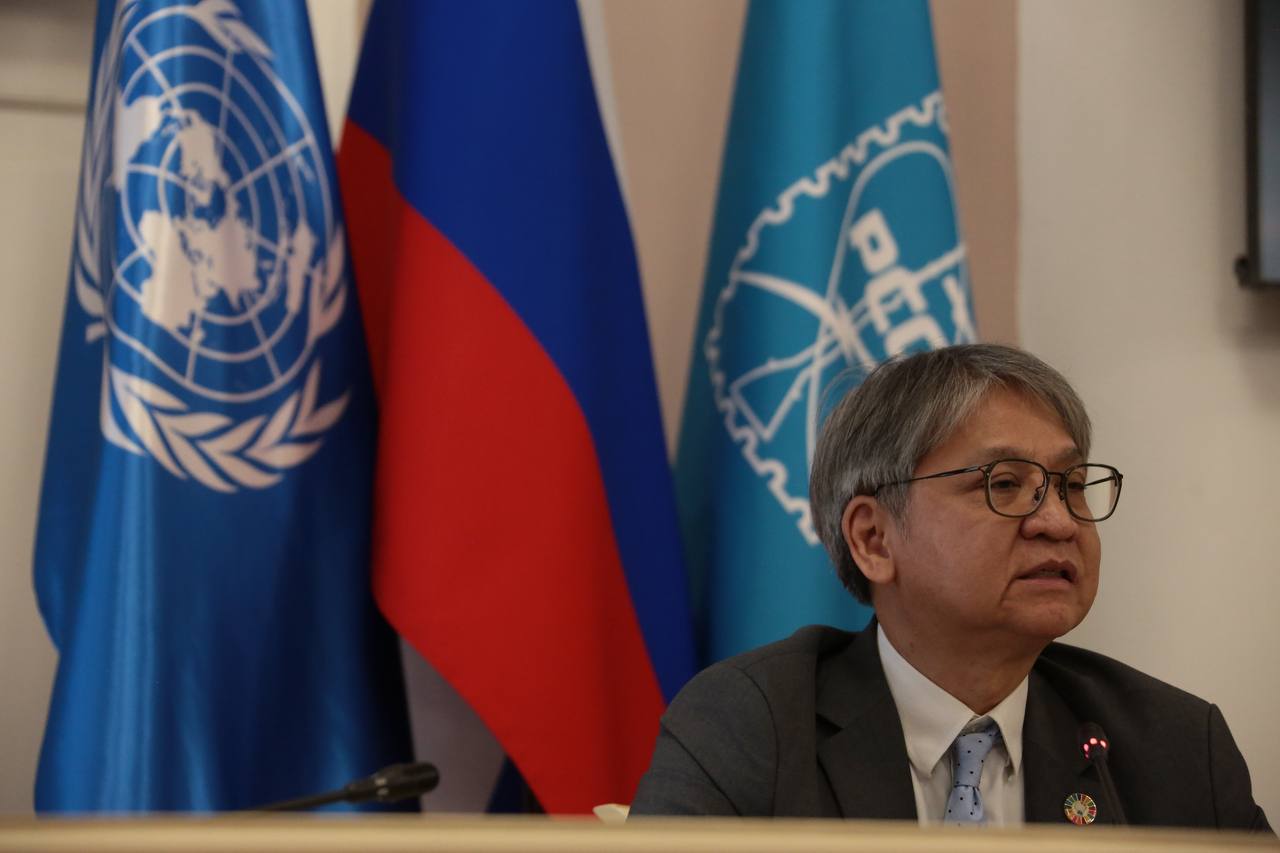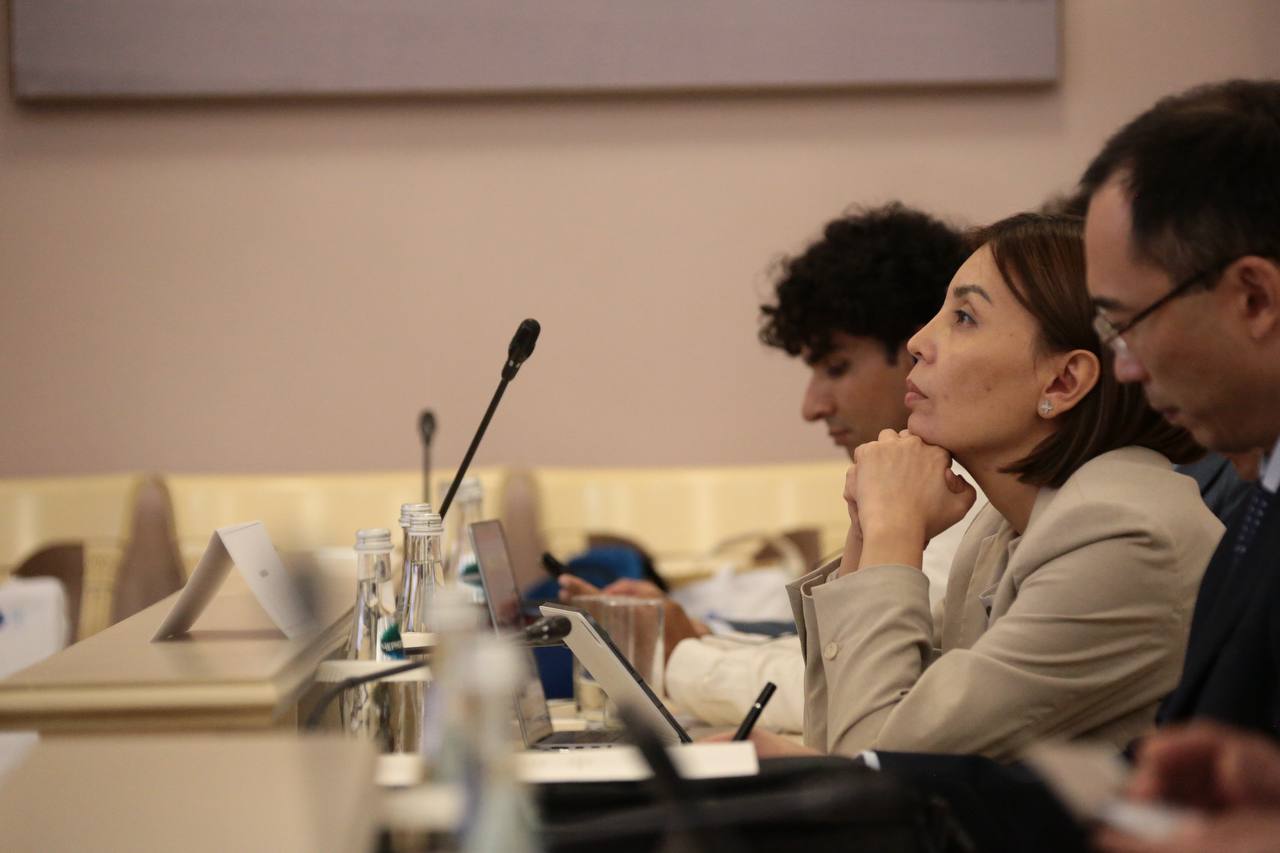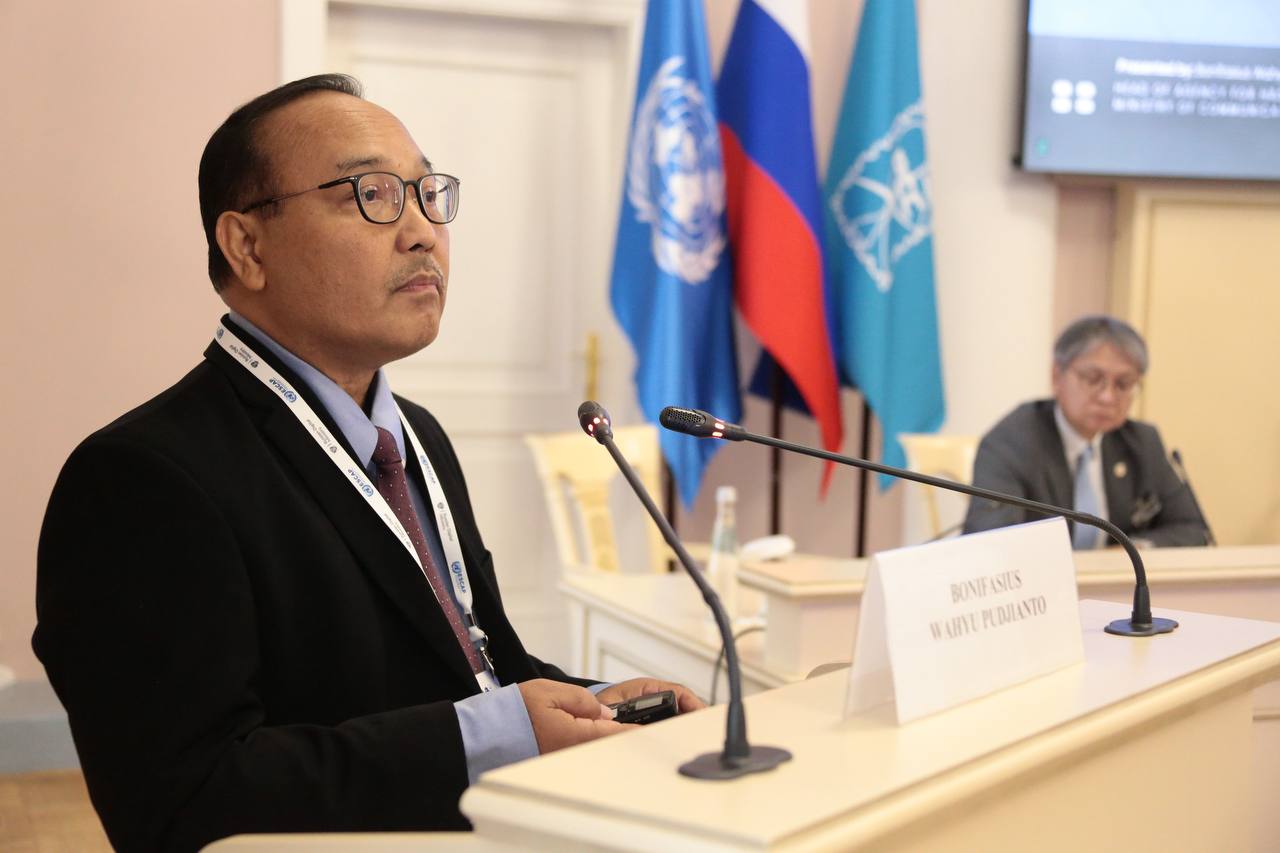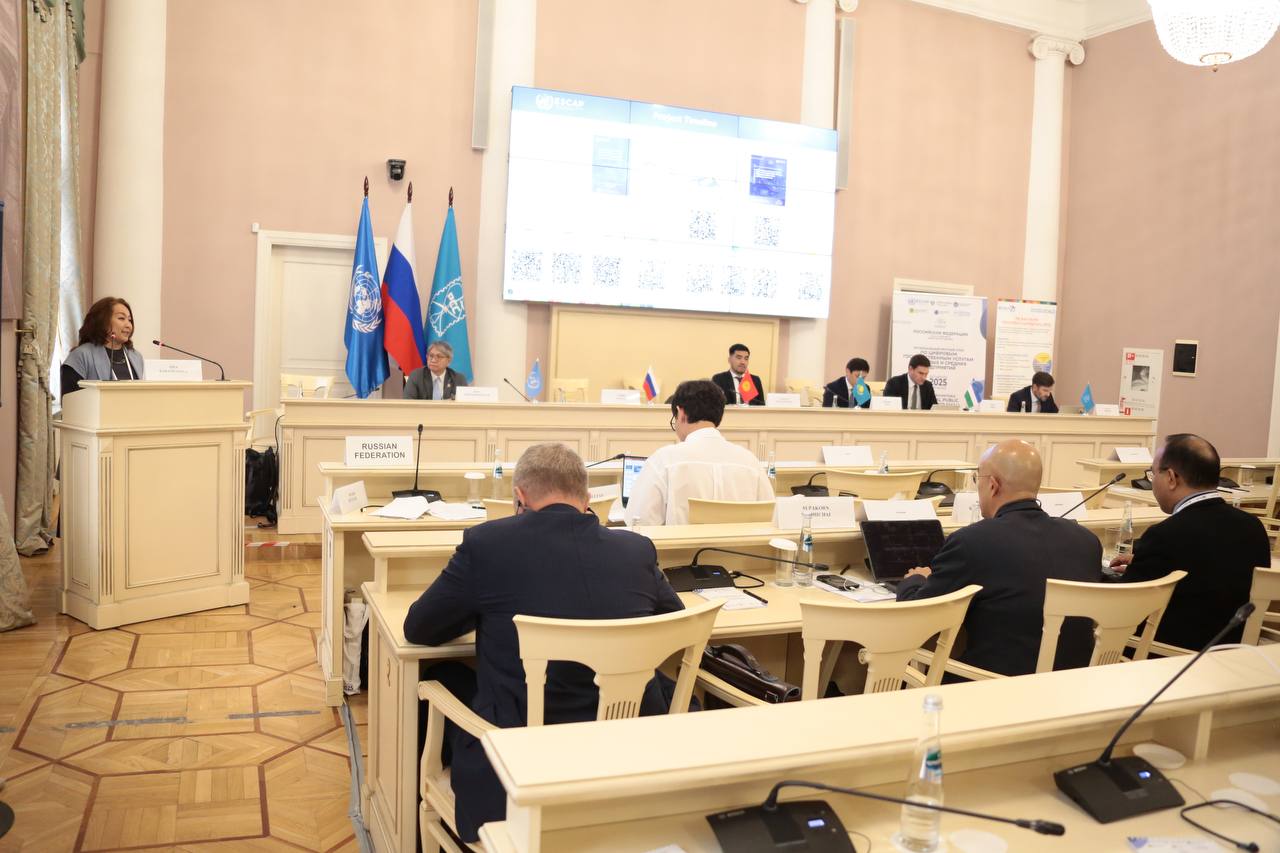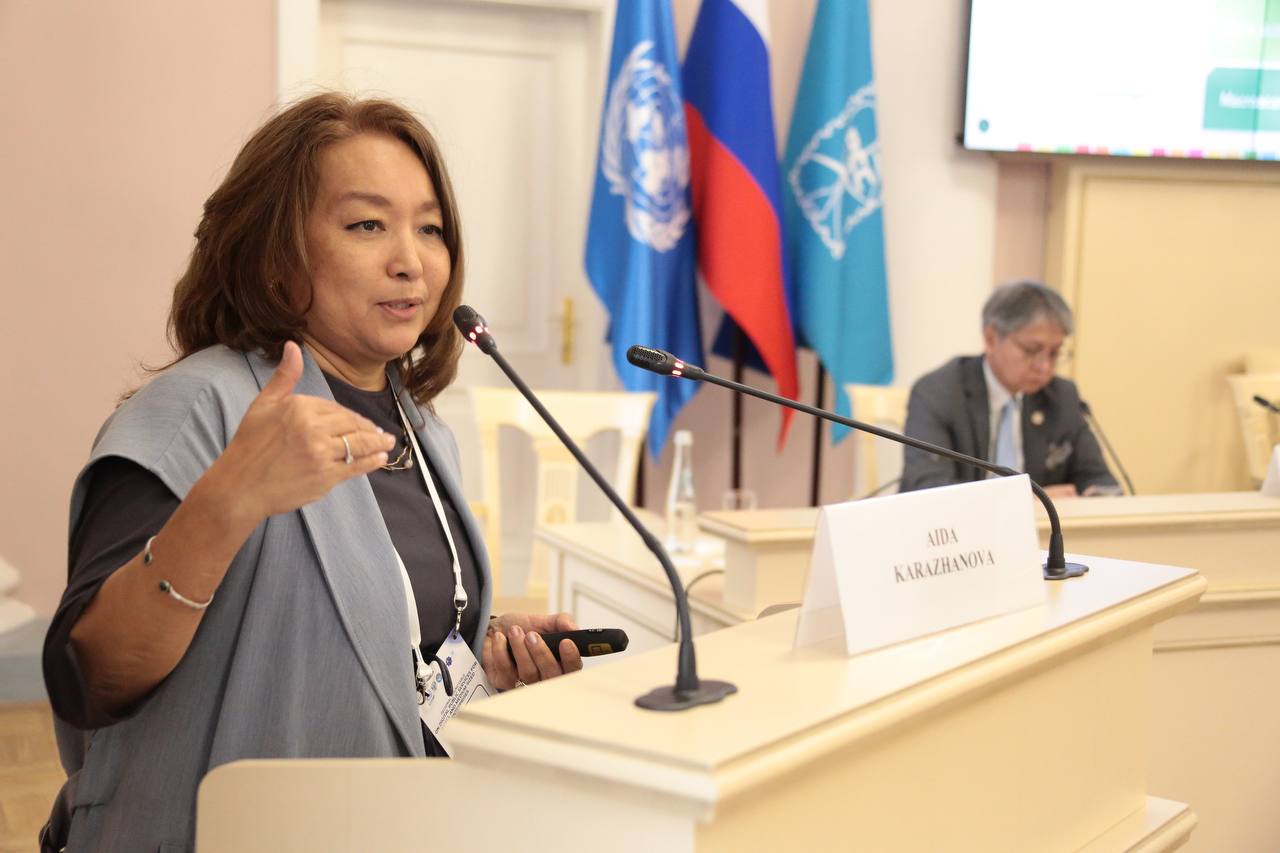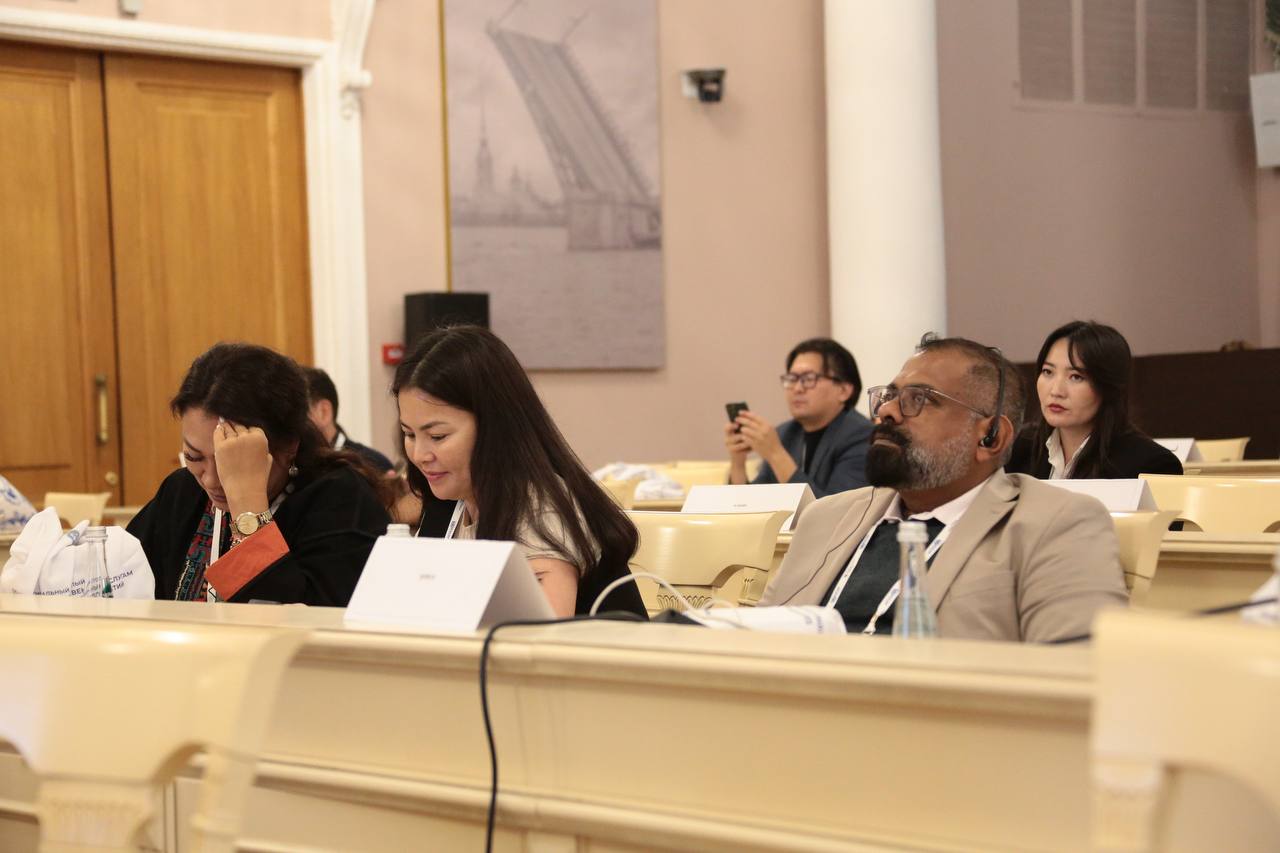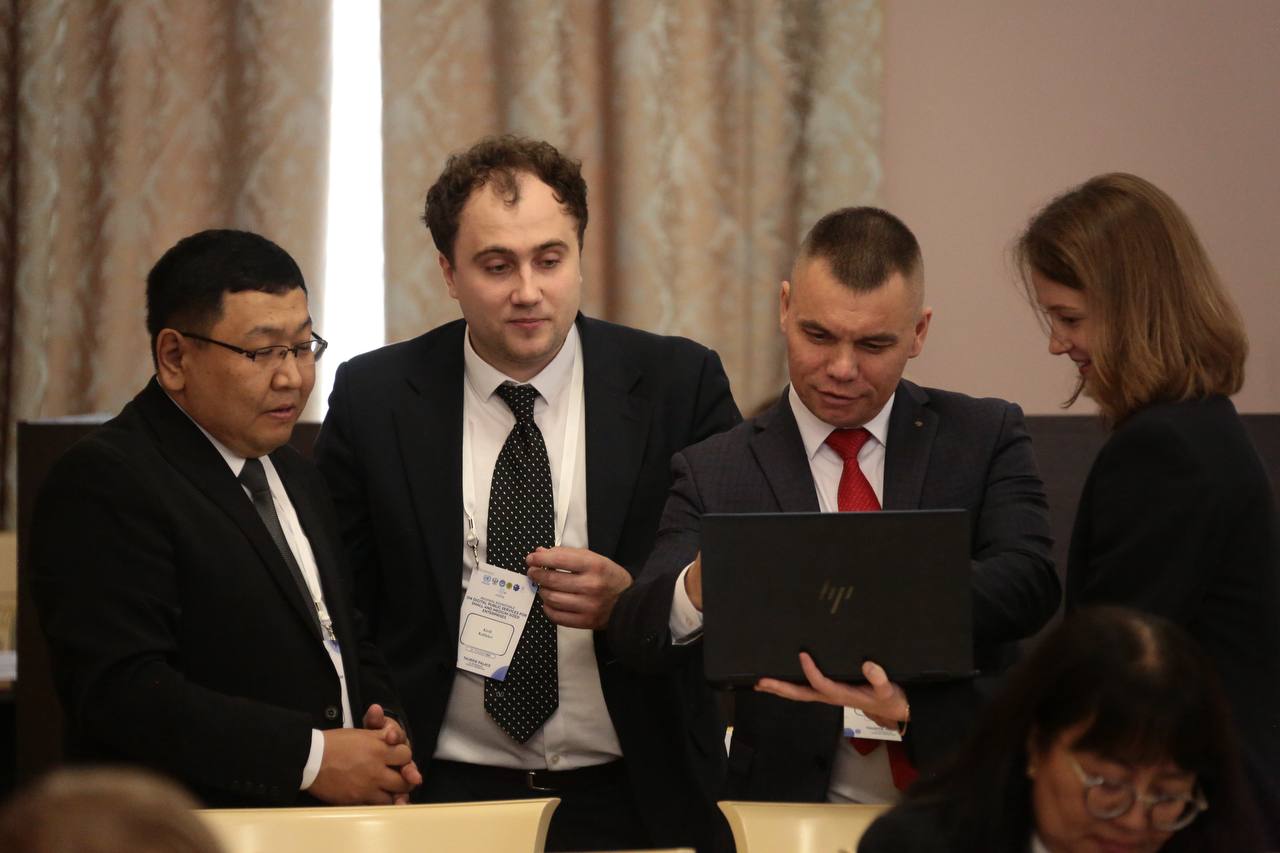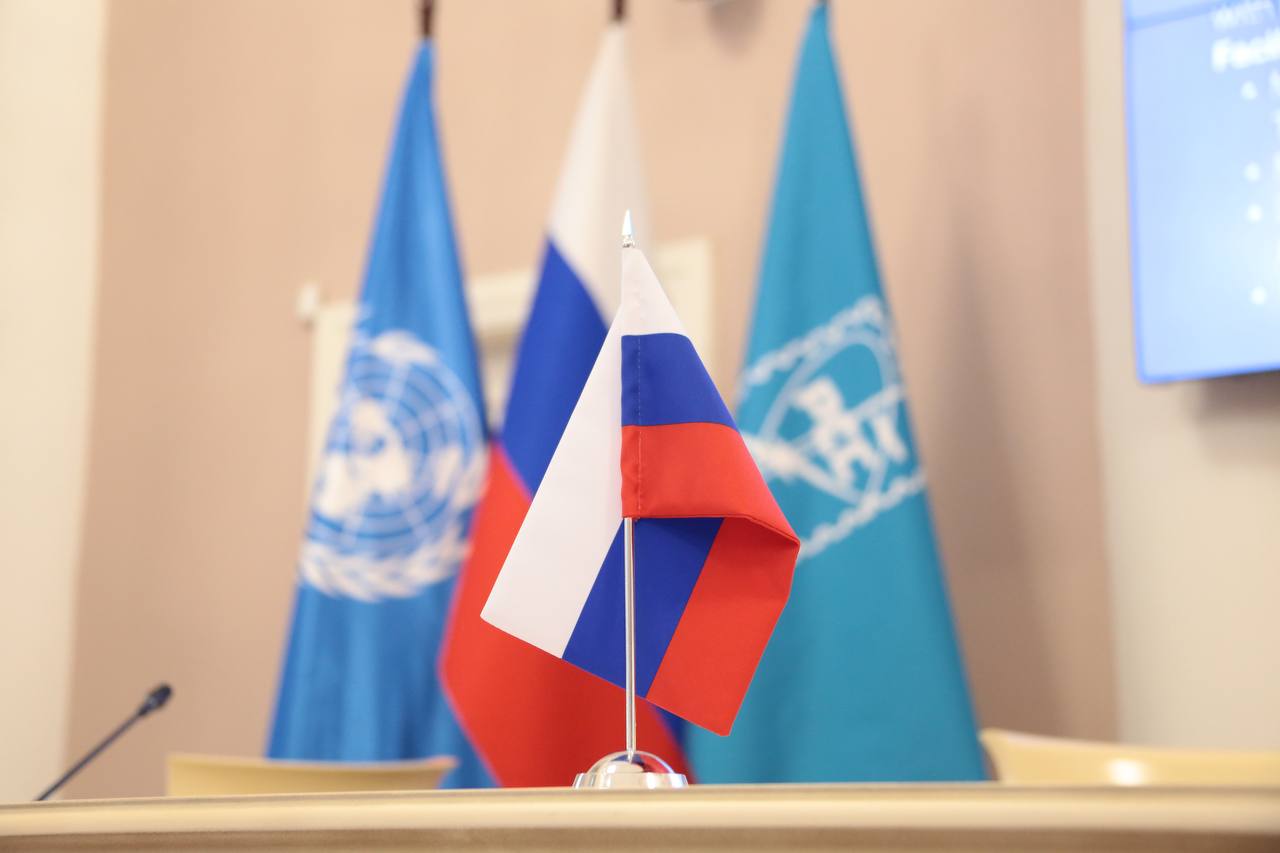
The following premises underpinned the discussions:
Governments in North and Central Asia are accelerating digital transformation by offering SMEs simplified access to public services through platforms such as MSP.RF (Russia), Ishker24 (Kyrgyzstan), EBusinnes (Mongolia), as well as through innovation hubs such as Astana Hub (Kazakhstan) and IT Park (Uzbekistan). These initiatives reduce administrative burdens, stimulate business growth, and ensure inclusive participation in the economy.
The key findings of last year's ESCAP study highlight the lack of experience sharing in the field of digital services and the need for harmonized frameworks to enhance interoperability and support the internationalization of SMEs.
Thus, over the course of two days, the event participants were actively engaged in:
• cross-country exchange of experiences in assessing the maturity of digital government services (DGS), monitoring progress in digitization, digitalization, and the development of native digital services for SMEs
• review of key findings from the subregional study of DGS for SMEs, promoting regional integration and interoperability of DGS systems
• studying best practices in forming public-private partnerships to provide DGS for SMEs
• discussing national practices for developing e-commerce through advanced DGS solutions
• assessing the potential of DGS for SMEs in the healthcare and education sectors, focusing on practical examples, challenges, and regulatory approaches
The feasibility of creating a common regional platform that can facilitate the development of digital cooperation and the creation of more interconnected government services aimed at SMEs in the Asia-Pacific region was one of the central conclusions of the discussions.
Subscribe and stay up-to-date with the RCC news on the official Telegram channel.
